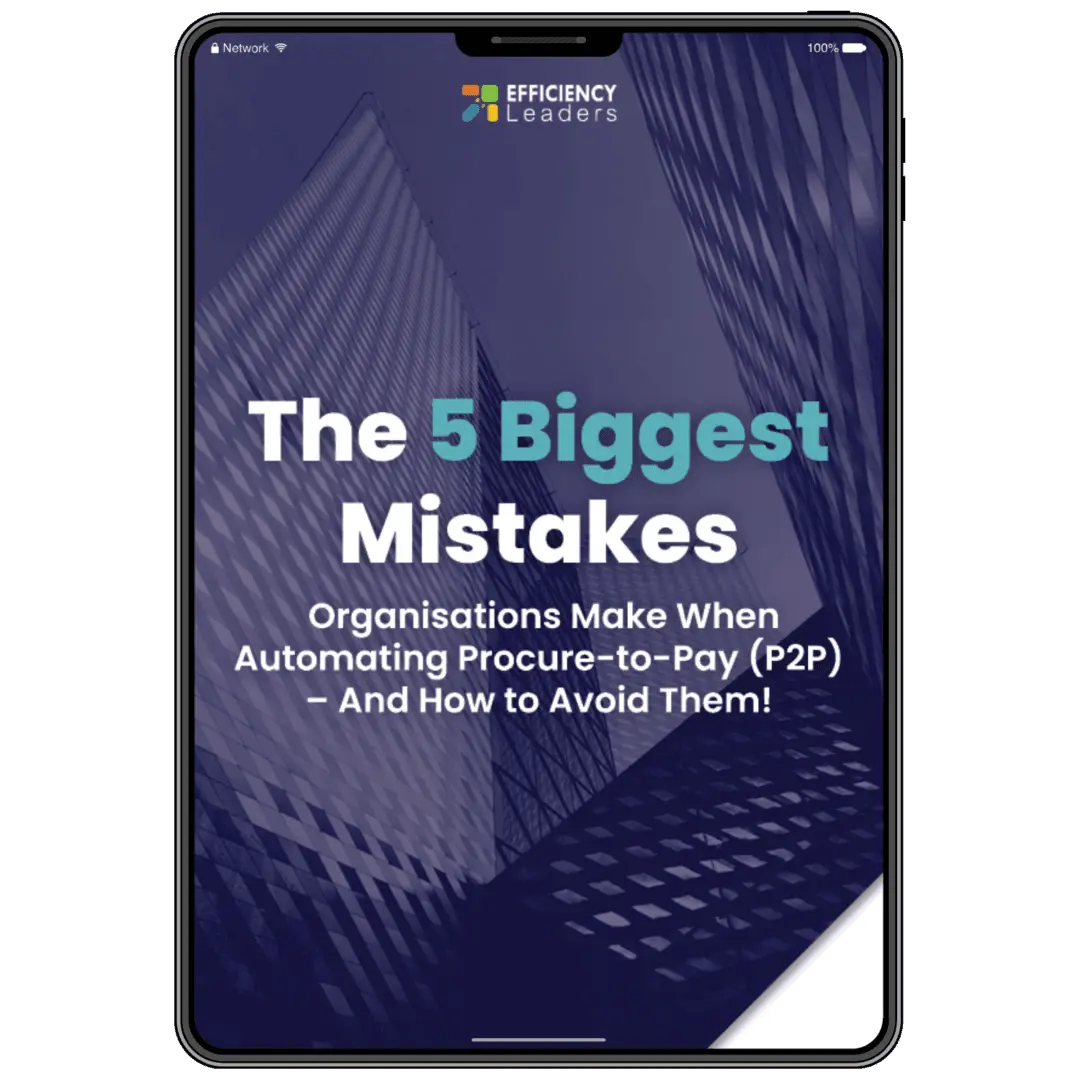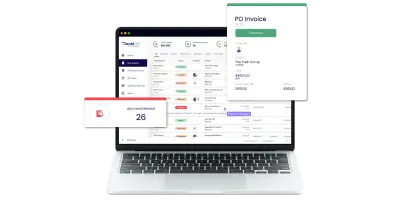Local Government Authorities (LGAs) play a crucial role in managing public funds and ensuring efficient service delivery. However, traditional invoicing methods can be cumbersome, leading to delays, errors, and increased administrative costs. Adopting PEPPOL (Pan-European Public Procurement Online) e-invoicing can streamline these processes, enhancing transparency, efficiency, and compliance. Here’s how LGAs can benefit from adopting PEPPOL e-invoicing.
Scenario
Maria is a finance director in a local government authority that processes a high volume of invoices a month. Maria oversees accounts payable and wants to move the organisation to PEPPOL e-Invoicing to have a centralised and digitalised system, visibility of all invoices, and better spend management.
The council’s ERP offers receiver access point services as part of their subscription. However, when Maria and her colleagues consider their requirements, they realise that they need a greater degree of functionality than the ERP is offering. What they really need is an automated accounts payable solution that can process PEPPOL e-Invoices.
This is because the council needs automatic compliance checks and configurable business rules to manage invoice exceptions and the approval process. While e-Invoicing reduces the rate of exceptions through better quality data, there will always be some discrepancies between what is ordered and what is invoiced that the council needs to manage to ensure correct payment.
With a huge number of suppliers delivering and maintaining council services and infrastructure, Maria and the team know that the transition period to PEPPOL e-Invoicing could be several years. Further, it may only be when contracts come up for renewal that the council can re-negotiate its terms with suppliers.
Benefits of PEPPOL e-Invoicing for LGAs
Enhanced Efficiency
PEPPOL e-invoicing automates the invoicing process, reducing the time spent on manual data entry, processing, and reconciliation. This allows staff to focus on more strategic tasks, improving overall productivity.
Cost Savings
By eliminating paper-based invoices and reducing manual processing, LGAs can save on printing, postage, and administrative costs. The standardisation provided by PEPPOL also reduces the need for extensive training and support.
Improved Accuracy and Reduced Fraud
Automated validation checks within the PEPPOL framework minimise errors and discrepancies. This reduces the risk of fraud and ensures that only legitimate invoices are processed and paid.
Faster Payment Cycles
PEPPOL enables quicker invoice processing and approval, leading to faster payment cycles. This improves cash flow management for both the LGAs and their suppliers, fostering better business relationships.
Compliance and Transparency
PEPPOL is supported by national and international standards, ensuring compliance with legal and regulatory requirements. This enhances transparency and accountability in financial transactions.
Key steps for LGAs for adopting Peppol e-Invoicing
Assess Current Systems and Needs
Conduct a thorough assessment of the existing invoicing processes and identify areas that can benefit from automation and standardisation. Determine the specific requirements and objectives for adopting PEPPOL e-invoicing.
Engage Stakeholders
Involve key stakeholders, including finance and procurement teams, IT departments, and suppliers, in the planning and implementation process. This ensures a smooth transition and addresses any concerns or challenges early on.
Select a PEPPOL Access Point Provider
Choose a certified PEPPOL Access Point provider that offers the necessary support and integration capabilities. Ensure the provider can seamlessly connect your existing systems to the PEPPOL network.
Implement and Integrate
Work with your PEPPOL Access Point provider to implement the e-invoicing solution. This may involve integrating the PEPPOL network with your financial and procurement systems and conducting thorough testing to ensure compatibility and functionality.
Train Staff and Suppliers
Provide training and resources to staff and suppliers to ensure they understand the new e-invoicing process and its benefits. Address any technical issues and offer ongoing support to facilitate a smooth transition.
Monitor and Optimise
Continuously monitor the e-invoicing process to identify areas for improvement. Gather feedback from users and suppliers to refine the system and maximise its efficiency and effectiveness.



















